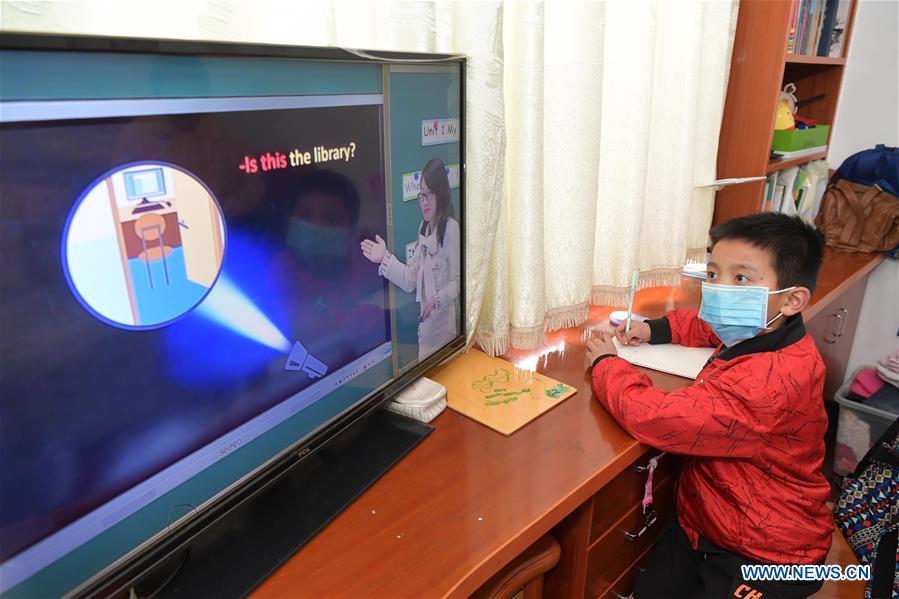An education watershed: Days of future past
By Rish Tandapany | chinadaily.com.cn | Updated: 2020-09-24 15:17

While we focus on the present casualties and problems associated with the ongoing pandemic, there is a realization that the long term effects for the world's youth will be direr. Education, at every age group, has been a cornerstone of society from ancient Egypt and the Han Dynasty through to modern day education systems governed by politics. It remains, along with culture, the pillar of our society. Now the COVID-19 pandemic has successfully disrupted the sector and made us think about how our children are being educated.
Even before COVID-19, education was undergoing a transformation from teaching to learning with technology and data helping reshape the roles and interactions between teachers, parents and children. COVID-19 has accelerated this trend. Students are now empowered to learn "on their own" within a flexible home environment where the technological medium has completely revolutionized the "teaching experience".
Let me be clear, this isn't necessarily a bad thing. In fact, the digitalization of education is a movement that should not be curbed. The role of the educator needs to be reinvented in line with the use of technology and the realization that children can, and will, learn anything through a few clicks of their phones. However, education in the broader sense isn't just about imparting knowledge. There are social, collaborative and extra-curricular aspects to it. The mere presence of peers in a physical setting provides levels of comfort, insight and awareness - all key products of education.
This is particularly relevant to younger kids. Brain development for children between 0 to 6 years is particularly heightened. Maria Montessori described this as "the absorbent mind". Now think about how the lack of sensory integration and social interactions has impacted children in the last 6 to 9 months, as a result of COVID-19 prevention measures. Does this mean that either a) the entire learning curve for kids of these ages has been shifted, or worst, b) the same kids may have missed the optimal conditions for learning?
Safety first! I hear you say. There has been no real alternative to the digital education we have seen in recent months and population safety can, and should, be the overriding factor. However, we have reached a critical point in education, particularly for under 10s. Governments and education bodies need to start preparing for the long term impact COVID-19 will have on today's youth.
I personally feel that this is where alternative education approaches may come in handy with young children in the coming months. Montessori, Waldorf and Reggio Emilia each have their own approach to preschool which, in times like this, may represent an alternative for parents struggling to engage and cultivate their children - a current problem in Asia. I've seen it successfully done in China's Hong Kong (Mulberry House International Kindergarten), Korea (Cheonggye Free Waldorf School) and Malaysia (Forest of Stars and Demi Quaver Learning Center) as well as many other Asian institutions.
Schools like this have found a perfect balance of driving intrapersonal and interpersonal intelligence, and navigating the emotional need for children to have a sense of self, as well as understanding others' desires. Essentially this boils down to empathy, which, in an age of digitalization, is often lost. Now if that is not education, then what is?
The author is a British thought consultant in Asia.
If you have a specific expertise and would like to contribute to China Daily, please contact us at opinion@chinadaily.com.cn , and comment@chinadaily.com.cn
























